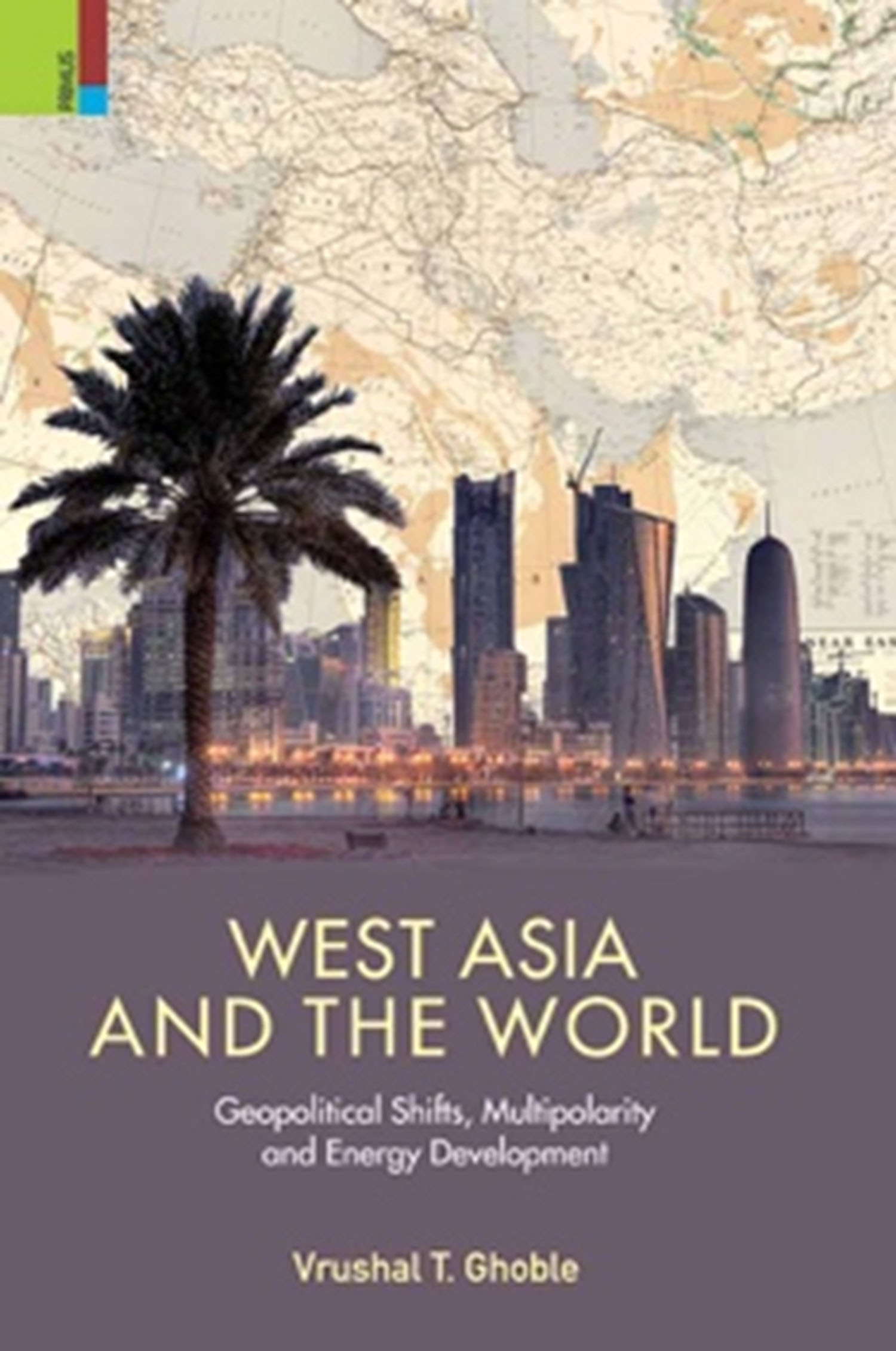In the wake of the Arab uprising in 2011, the West Asian region faces immense uncertainty due to the lack of a democratic structure, authoritarian rules, sectarian divisions, economic crisis, tribal and military polarization, and foreign state interventions. Being a rentier state, the region of West Asia experienced an immense geopolitical shift contesting the definition of regional power, especially between Saudi, Iran, Turkey, and others. Increased international engagement because of the region’s rich oil and gas resources was a significant element in the region’s geopolitical transformation. Through the book West Asia and the World: Geopolitical Shifts, Multipolarity and Energy Development, Ghoble attempts to inquire about post-Arab uprising interest in the region’s dynamics and evaluate the geopolitical changes in comprehending the region’s core features represented in this work. He questions whether the new geopolitical dynamics impacted the post-Arab uprising developments in the area. What role do gas and oil play as drivers of multipolarity and energy diversification in the region’s geopolitics?

Role of Oil and Gas in Regional Geopolitics
Azeemah Saleem
WEST ASIA AND THE WORLD: GEOPOLITICAL SHIFTS, MULTIPOLARITY AND ENERGY DEVELOPMENT by Vrushal T. Ghoble Primus Books, 2023, 232 pp., 1250
July 2023, volume 47, No 7
